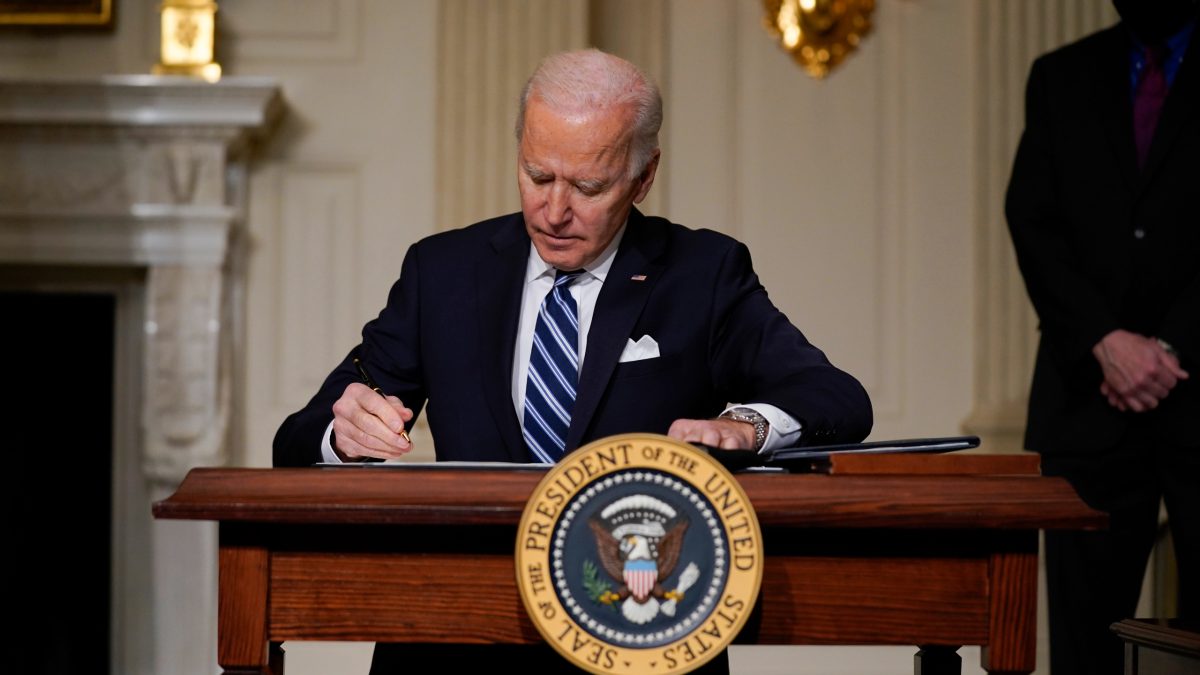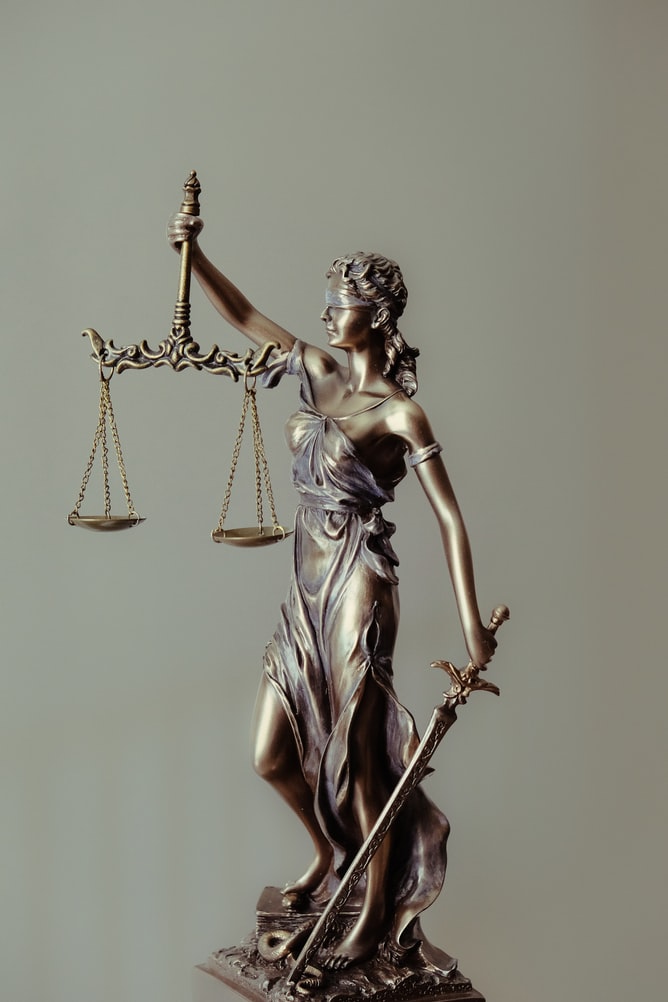[one_third]Liberal – Nicole Cheney
The Civil Rights Act of 1964 outlawed discrimination based on race, religion, national origin and sex. The United States Supreme Court will hear three upcoming cases to decide if this statute additionally applies to sexual orientation and transgender status. With a conservative-leaning bench, we are more likely to see a stricter interpretation of the law – namely, since the statute does not include LGBT people by naming sexual orientation or transgender status, then the law does not protect LGBT people.
Ideally, Congress would pass legislation specifically barring discrimination against LGBT people, so that a 55-year-old law would not have to be interpreted in a drastically changed society. However, having a conservative Senate majority and president is not conducive to passing a law granting more government overreach. For this reason, to see progress it is important that laws are interpreted for their application to our current paradigm – not just what they meant half a century ago.
Justice Ruth Bader Ginsburg said “Words in statutes can enlarge or contract their scope as other changes, in law or in the world, require their application to new instances.” In order to protect the dignity and livelihood of a marginalized group, it is my hope that these cases are ruled to include LGBT people under the protection of the Civil Rights Act of 1964.
[one_third]Independent – Parth Agrawal
This issue represents the latest bout of a textbook dispute in the world of statutory law: should an enactment be interpreted with the meaning at the time of its passing or based on the context of modern application?
The originalist take argues that a loose interpretation undermines the purpose of the law and that our country has proper channels for amendments. The majority of American legislators and citizens ratifying the pre-Stonewall Civil Rights Act in 1964 most likely did not understand discrimination “on the basis of sex” to include sexual orientation and gender identity.
Yet even Thomas Jefferson disagreed with the idea that laws ought to be static. “We might as well require a man to wear still the coat which fitted him when a boy, as civilized society to remain ever under the regimen of their barbarous ancestors,” he wrote. Perhaps we ought to look toward judicial precedent for a more effective interpretation of public opinion, among which there is ample support against LGBT discrimination. Even the most famous originalist, the late Supreme Court Justice Antonin Scalia, declared in a unanimous 1998 ruling against same-sex harassment, “Statutory prohibitions often go beyond the principal evil to cover reasonably comparable evils. It is ultimately the provisions of our laws rather than the principal concerns of our legislators by which we are governed.” A ruling overturning years of precedent to legitimize the persecution of LGBT citizens presents enough of a danger to justify a generous interpretation of our nation’s civil rights laws.
[one_third]Conservative – Mark Pothen
The Supreme Court recently decided to consider three cases pertaining to the ability of LGBTQ individuals to be protected by the Civil Rights Act of 1964. Two of the cases regard discrimination on the basis of sexual orientation, and the last concerns employment bias against transgender individuals. Generally, I do not approve of using the judiciary to legislate policy because that is not their constitutionally designated task. If LGBTQ advocates wish employment rights be conferred upon LGBTQ individuals, it is their prerogative to pursue policy in the legislature that achieves this goal rather than casting responsibility to the judiciary.
The First Amendment entitles individuals to associate with whomever they choose and exercise their religion freely. The use of a judicial decision to levy fines against businesses that abide by religious views is a trend that has already been seen previously in the wake of the Masterpiece Cake Shop case. Rather than using the judicial branch as a battering ram to dictate their opinion, LGBTQ leaders should pursue a policy. This slippery slope with regards to creating a protected class that can be, in some cases, subjectively defined is something that should be examined. This is especially true when, if LGBTQ individuals were to become a protected class, any religious employer who would refuse to employ them on religious grounds would immediately be subject to government compulsion. This could also be levied against religious institutions who use any traditional mores of marriage in their employment process as a qualifier for consideration. The process of employment should be kept within the confines of the employer and employee consensually agreeing on a standard, not an outside party in the form of a government gun dictating it to them.































